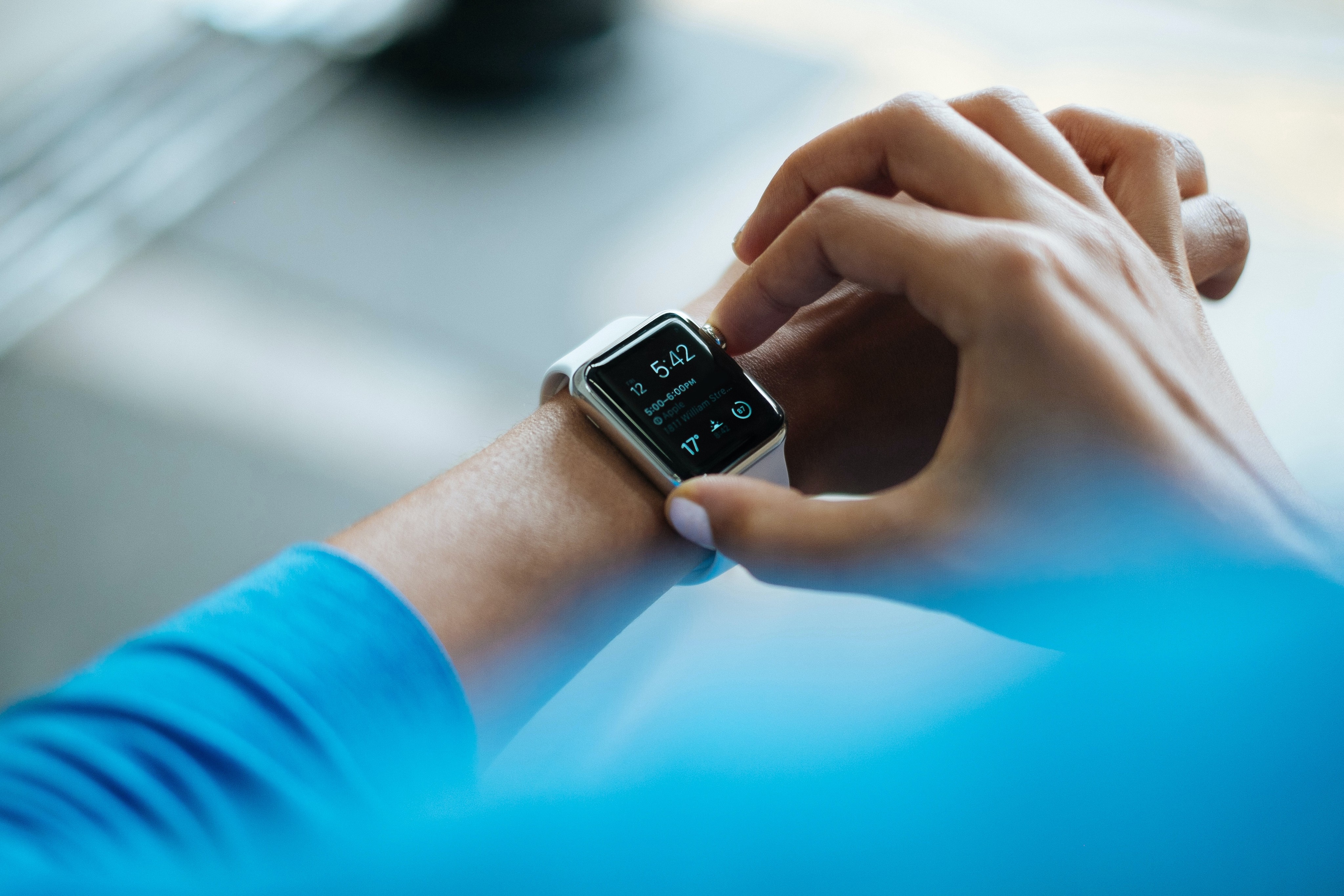The Impact of Artificial Intelligence in Healthcare
May 31, 2023
By
Admin
Artificial Intelligence (AI) has emerged as a game-changer in the healthcare industry, revolutionizing the way we approach medical diagnosis, treatment, and patient care. The integration of AI technologies has opened up new possibilities for improved efficiency, accuracy, and personalized healthcare solutions.
Enhancing Diagnostic Capabilities
AI-powered diagnostic systems have demonstrated remarkable potential in accurately identifying diseases and conditions. Machine learning algorithms can analyze vast amounts of medical data, including images, lab results, and patient history, to aid healthcare professionals in making accurate diagnoses. This advanced technology helps reduce diagnostic errors, enabling timely interventions and better patient outcomes.
Moreover, AI algorithms can identify subtle patterns and anomalies in medical imaging scans, enabling early detection of diseases such as cancer. This early diagnosis plays a crucial role in improving survival rates and guiding appropriate treatment strategies.
Personalized Treatment Plans
AI algorithms can analyze extensive patient data, including genetic information, medical history, and treatment outcomes, to develop personalized treatment plans. By considering individual variations and characteristics, AI can optimize treatment decisions and predict the most effective interventions for each patient. This targeted approach not only improves patient outcomes but also minimizes the risks of adverse reactions and unnecessary procedures.
Additionally, AI-powered systems can continuously monitor patient vitals, detect warning signs, and alert healthcare professionals in real-time. This proactive monitoring ensures prompt intervention, reducing hospital readmissions and enhancing overall patient care.
Streamlining Administrative Tasks
Administrative tasks, such as managing medical records and scheduling appointments, can be time-consuming for healthcare professionals. AI technologies can automate these processes, freeing up valuable time and resources. Natural Language Processing (NLP) algorithms enable AI systems to understand and process unstructured medical data, such as physician's notes, radiology reports, and research papers, assisting in faster and more accurate data retrieval.
Furthermore, AI-powered chatbots and virtual assistants can provide patients with basic healthcare information, answer common queries, and even schedule appointments. This automation improves patient satisfaction and allows healthcare professionals to focus on more complex and critical tasks.
AI in Healthcare Research
In addition to its impact on patient care, AI is also transforming healthcare research. AI algorithms can analyze vast amounts of research data, identifying patterns and trends that may not be apparent to human researchers. This assists in accelerating drug discovery, identifying potential treatment targets, and predicting disease outbreaks.
Improved diagnostic accuracy
Personalized treatment plans
Automated administrative tasks
Enhanced healthcare research
As AI continues to advance, its potential to revolutionize healthcare is only beginning to be realized. With ongoing research and innovation, AI has the power to improve patient outcomes, drive medical breakthroughs, and transform the healthcare landscape as we know it.
Addressing Ethical Considerations
While the benefits of AI in healthcare are undeniable, it is essential to address ethical considerations surrounding privacy, data security, and algorithm biases. Striking the right balance between technological advancements and ethical guidelines is crucial to ensure the responsible and equitable implementation of AI in healthcare.
Embracing the Future
The integration of AI in healthcare holds tremendous promise for improving patient care, enhancing diagnostic accuracy, and streamlining healthcare processes. By embracing the potential of AI technologies, we can unlock a new era of healthcare innovation and ensure a healthier future for all.
Category:
Technology
Related News
Popular News
Newsletter
Subscribe our newsletter to get the last update into your inbox!











